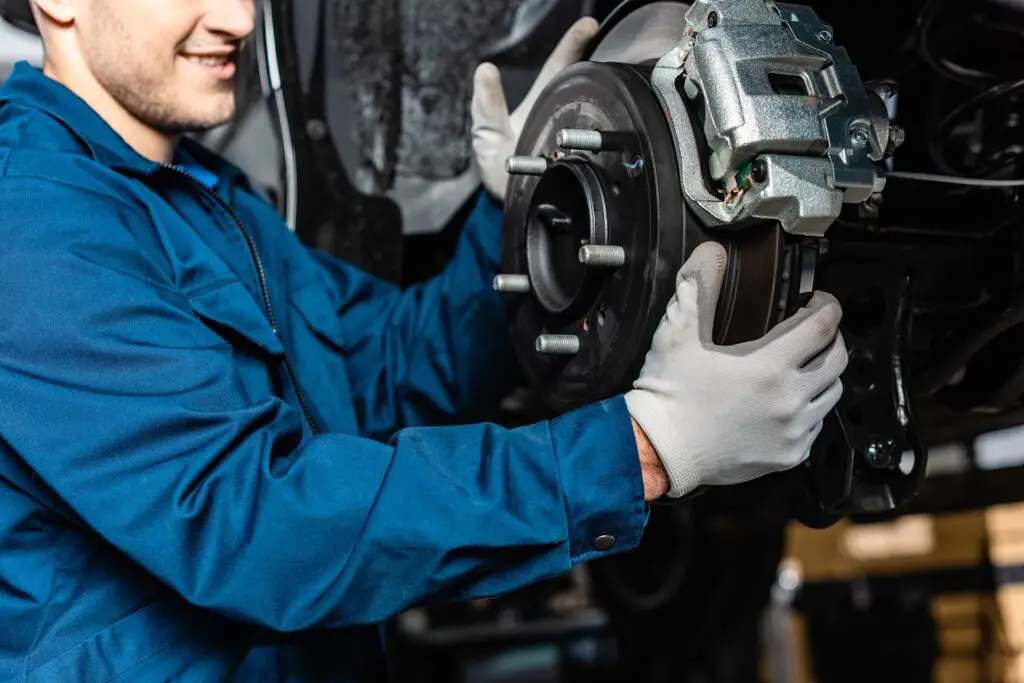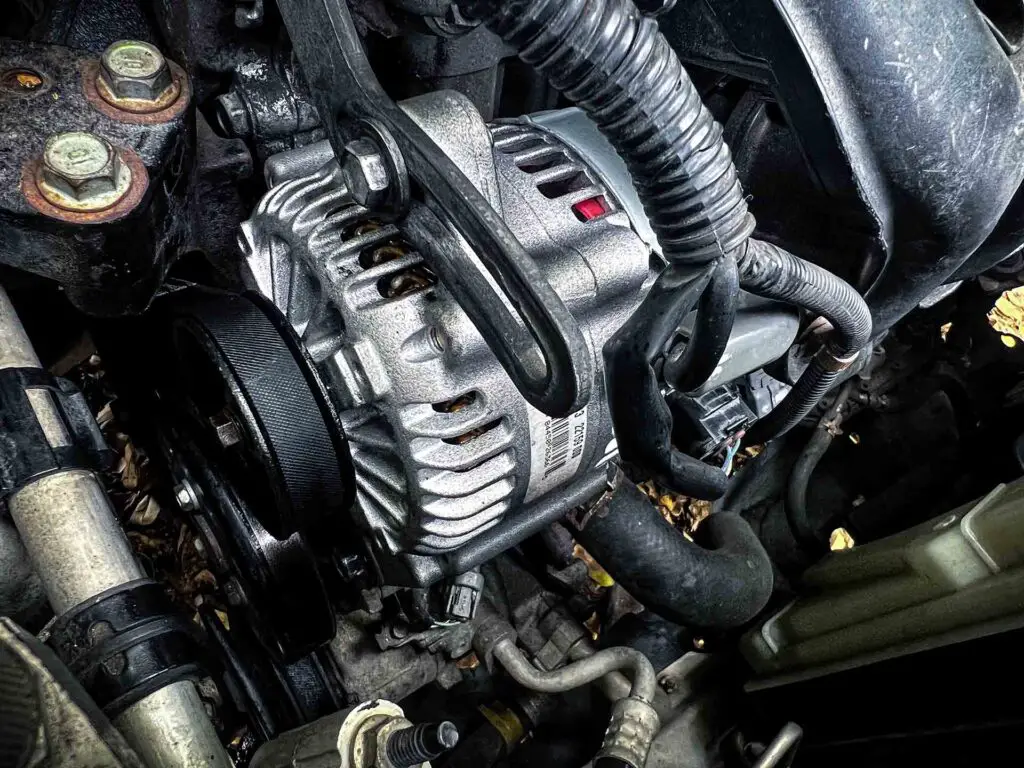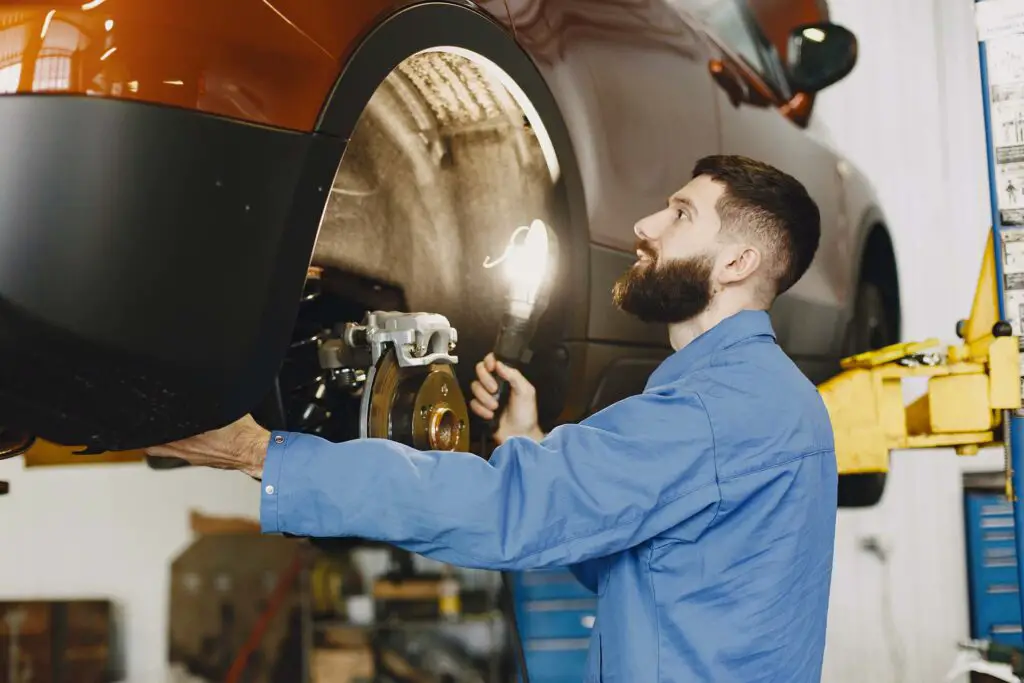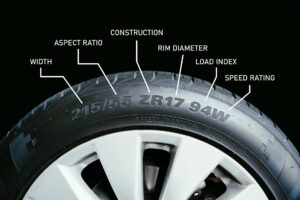Navigating the world of vehicle maintenance can be exhausting, especially when it comes to the pivotal task of how to find a good mechanic. This guide is your beacon through that journey, illuminating the path to a trustworthy and skilled mechanic who can turn four-wheeler troubles into peace of mind. Let’s embark on this adventure together, making vehicle care less of a chore and more of a triumph.
How to Find a Good Mechanic in Your Area?
Finding a good car engineer requires a blend of research, knowledge, and vigilance. Start by understanding your vehicle’s specific needs and common issues it may encounter. For, example, if you’re traveling often with the trailer, you might need to remove a stuck trailer hitch ball. So, research potential mechanics through online reviews, ratings, and personal recommendations, focusing on those with positive Automotive workshop reviews and local endorsements.
With more than 280,00- Auto Mechanics businesses in the US, you have to evaluate their credentials, ensuring they have the necessary certifications and training. Assess the auto repair shop for professionalism and customer service quality. Consider the transparency of their repair estimates and the comprehensiveness of their warranties.
Finally, trust your instincts and consider starting with smaller repairs to gauge their work quality. This comprehensive approach will lead you to a reliable, skilled professional who can meet your car’s maintenance needs effectively.

How to Find a Good Car Mechanic – First Asses Your Vehicle’s Needs
When it comes to automotive care, understanding your vehicle’s specific needs is crucial. There is some essential knowledge every car owner should possess. From grasping the basics of mechanics to identifying common issues, we’ll guide you through the foundational steps of automotive care. That way you’ll be well-equipped to make informed decisions about your four-wheeler’s maintenance.
Equip Yourself With the Basic Knowledge of Car Mechanics
Understanding the basic mechanics of your four-wheeler is not just empowering but also practical. It helps you communicate effectively with your professional and catch small issues before they become major problems. This fundamental understanding will serve as your first line of defense in ensuring your car’s longevity and performance. This being said, here are some most effective tips for gaining this knowledge:
- Read your vehicle’s manual for specific insights,
- Follow automotive care advice blogs for ongoing car maintenance tips and trends,
- Attend basic four-wheeler maintenance workshops for hands-on learning.
Be Able to Identify Common Four-Wheeler Problems
Cars, like any complex machine, are prone to a range of issues. Some common problems include brake wear, engine overheating, and battery issues. So, to know how to find a good auto mechanic, first, you should recognize the signs of these and other frequent troubles. This knowledge not only helps in seeking timely professional help but also in discussing issues more accurately with the professional, ensuring your vehicle gets the right care it needs.

Start the Process of Researching Potential Mechanics
The quest to find a professional in your area involves thorough research. Let’s get into how to effectively use online tools and personal networks to gather information about potential mechanics. After all, interpreting automotive workshop reviews, understanding auto technician qualifications, and utilizing local mechanic recommendations aren’t easy tasks, at all. Here’s what you need to do while researching a top-notch four-wheeler maintenance shop.
Online Reviews and Ratings Are Good Starting Point
In the digital age, online reviews and ratings are invaluable resources when searching for trustworthy and certified mechanics. Websites and apps dedicated to service reviews offer insights into the quality of work, reliability, and customer service of various auto repair services.
Explore platforms like Yelp or dedicated professional review services such as Car Talk’s Mechanics Files to delve beyond the surface-level star ratings. It’s essential to go beyond numerical ratings to gain a more accurate understanding of an engineer’s reputation. Keep in mind that mechanics possess specialized knowledge that may surpass that of the average four-wheeler owner, so take into account the reviewer’s expertise when assessing their feedback.
Furthermore, enhance your research by cross-referencing highly-rated options with resources like the Better Business Bureau (BBB) or AAA, where you can conduct searches without needing a membership. This multi-faceted approach ensures a thorough evaluation of potential mechanics before making your decision.
Seek Recommendations From the People You Know and Trust
Personal recommendations from friends, family, or colleagues often lead to the most reliable auto repair services. Additionally, leveraging social media networks and local online forums can provide a wealth of information and firsthand experiences about mechanics in your area. These personal accounts can be instrumental in finding a car engineer who is not only skilled but also trustworthy and customer-friendly.

Evaluating the Mechanic’s Credentials and Experience
Choosing a certified engineer with a strong background in vehicle maintenance is essential for quality vehicle care. However, to do this, you need to focus on evaluating a professional’s professional credentials, training, and experience. Here’s how to do it in the best possible way and understand the crucial elements in ensuring your vehicle is in capable and skilled hands.
Check Out the Certification and Training
Certifications, such as ASE (Automotive Service Excellence), are indicators of a professional’s expertise and commitment to quality. It’s also important to consider their specialization areas, as some may be more adept at handling specific ride brands or types of repairs. Continuous training is another aspect that reflects a mechanic’s dedication to staying updated with the latest automotive technologies and practices.
Asses the Mechanic’s Experience and Expertise in the Industry
When assessing one of the mechanics you’ll entrust your four-wheeler. Their experience in the industry is a vital factor, whether you have the least or the most expensive car in the world. Long-standing professionals typically bring a depth of knowledge and practical skills to their vehicle troubleshooting and overall work. It’s also worthwhile to consider their expertise with specific vehicle makes or models, particularly if you own a ride that requires specialized attention.

Ensure the Auto Repair Shop Is Reliable and Licensed
The quality of the auto repair shop is as important as the engineer’s expertise. Checking out the professional who will take care of your vehicle isn’t enough. You’ll need to go through the key aspects of assessing a repair shop, as well. From the state of their facilities to the efficiency of their customer service, these indicators can greatly influence the overall quality and reliability of the vehicle service you receive.
Do the Facility Inspection and Ensure the Workshop Is Well-Maintained and Professional
A visit to the workshop can reveal a lot about their professionalism and service quality. With the evolution of the four-wheelers, the equipment should be elevated as well. Look for a clean, well-organized environment with modern equipment. The use of advanced technology indicates a commitment to providing efficient and accurate diagnostics and repairs. Here are some of the equipment professionals have in their workshop:
- Scanners,
- A/C machine,
- Air compressor,
- Digital vehicle inspection tech,
- Jacks and Jack stands,
- Oxygen and acetylene torch,
- Tall free-standing press,
- Brake lathe,
- Engine hoist,
- Battery charger and jump box,
- Drain pans,
- Quality steel workbench,
- Strut compressor,
- Lifter.
Observe the Customer Service and Communication
Excellent customer service is a hallmark of a reputable auto repair shop. Observe how the staff communicates with you and other customers. Effective, clear, and transparent communication is key to understanding Vehicle repair costs, the extent of repairs needed, and the estimated time for completion. Good communication builds trust and ensures a satisfying service experience.

Understand the Cost and Value
Navigating the intricacies of vehicle repair costs and ensuring you receive value for your money is crucial. Learn how to obtain fair estimates, evaluate them, and understand the factors that influence repair costs. That way you won’t end up with the most expensive repair. Also, ensure you understand the importance of warranties and guarantees, ensuring you make a cost-effective choice for your vehicle’s maintenance.
Get a Fair Estimate With Detailed Costs
Getting a detailed estimate is the first step in understanding vehicle repair costs. It’s advisable to get quotes from multiple mechanics to compare prices. Ensure the estimates are itemized, showing parts, labor, and any additional charges. Understanding these components helps you make an informed decision and avoid unexpected expenses.
What to Look at Warranty and Guarantees?
A comprehensive warranty or guarantee on repairs is a sign of an engineer’s confidence in their work. When evaluating a car service warranty, look for clear terms and conditions that cover significant aspects of the repair work. A good warranty policy can provide peace of mind and protect you from additional costs in the event of post-repair issues.

Making the Final Decision – Trust Your Instincts
Choosing the right engineer is a decision that should not be rushed. This final section emphasizes the importance of trusting your instincts and the value of personal experiences in making your choice. We’ll discuss how starting with smaller repairs can be a strategic approach to evaluating a mechanic’s work and when it might be necessary to reconsider your choice.
Your comfort and trust in a professional are fundamental. Pay attention to how you feel about the mechanic’s communication style, honesty, and professionalism. Trusting your instincts can often lead you to an engineer who not only meets your car’s needs but also values your concerns and satisfaction.
Be Ready to Trial and Make Some Mistakes
It’s advisable to start with smaller, less critical repairs such as changing a flat tire, to test an engineer’s capabilities. This approach allows you to assess their work quality, customer service, and reliability without committing to more extensive and costly repairs. Knowing when to continue with a professional or when to seek alternatives is an essential skill in building a lasting relationship with a trustworthy auto repair service.

Navigating the Road to Automotive Peace of Mind
Finding a good engineer involves a combination of knowledge, research, and intuition. This guide has walked you through the essential steps – from understanding your car’s needs to evaluating mechanics and repair shops. Remember, investing time and effort in finding the right professional is not just about vehicle maintenance – it’s about ensuring peace of mind and safety on the road. It’s something like knowing what to do if scammed by a car dealership. Trust the process, and don’t hesitate to seek the best care for your vehicle.
Frequently Asked Questions About Finding a Good Mechanic
How do I know if a mechanic is overcharging me?
To ensure you’re not being overcharged, it’s essential to obtain multiple quotes from different mechanics for the same service or repair. Additionally, research the average cost of the service in your area to gauge reasonableness.
What certifications should a reputable mechanic have?
A reputable engineer should possess certifications such as ASE (Automotive Service Excellence). These certifications indicate expertise in specific areas of four-wheeler repair.
How often should I take my car to the mechanic?
The frequency of the maintenance visits varies depending on factors like your vehicle’s age, make model, and usage. However, a general guideline is to have your four-wheeler serviced every 6,000 to 10,000 miles or as recommended in your vehicle’s manual. Regular oil changes, tire rotations, and brake inspections should be part of routine maintenance.








